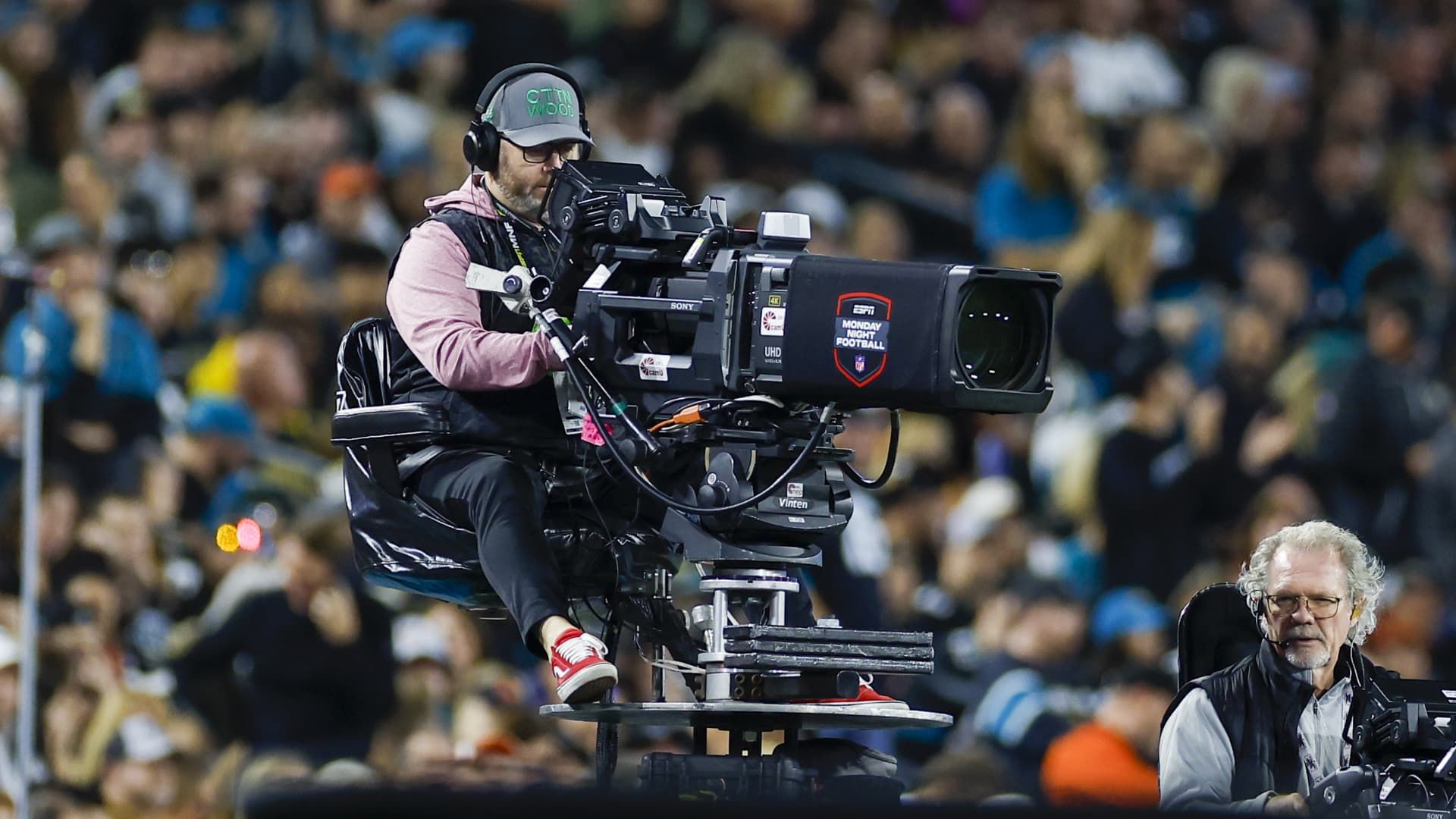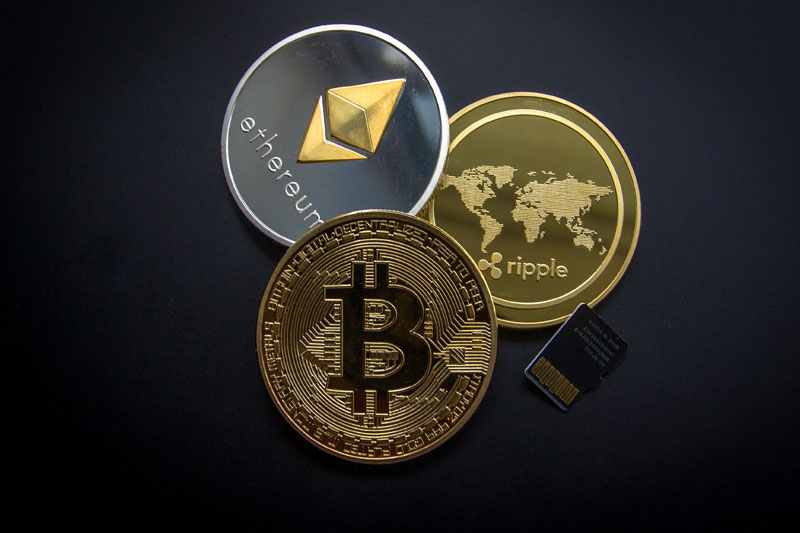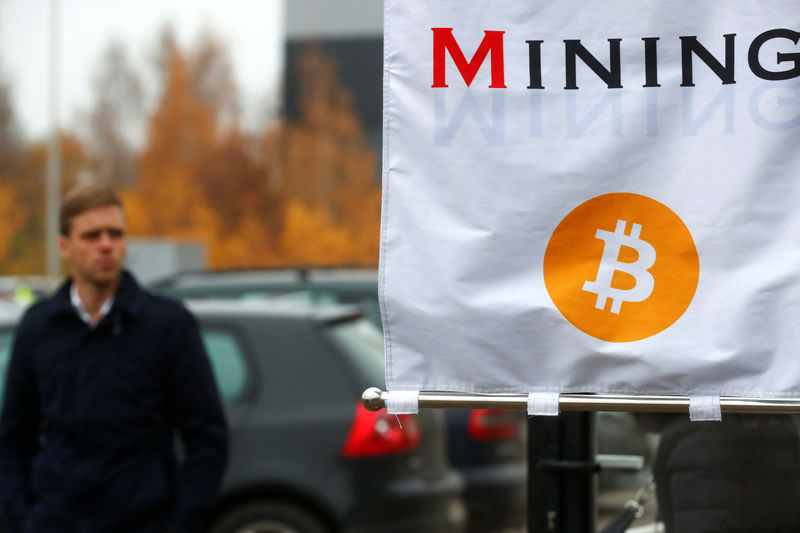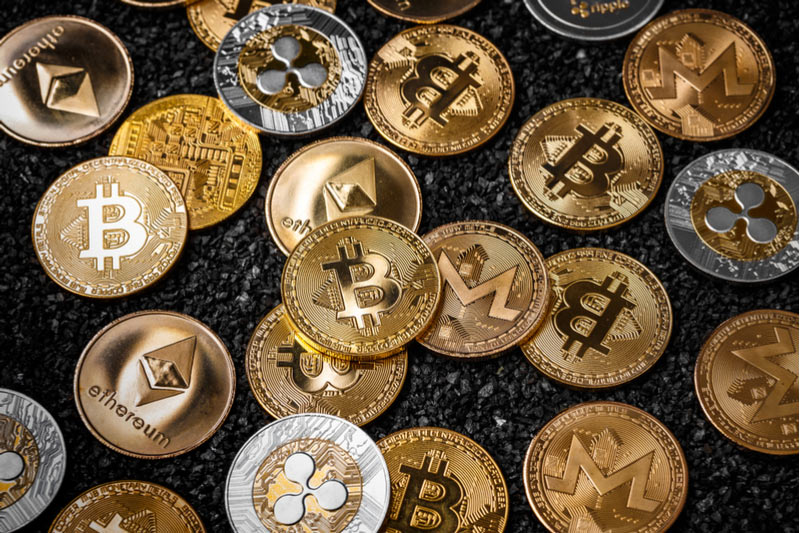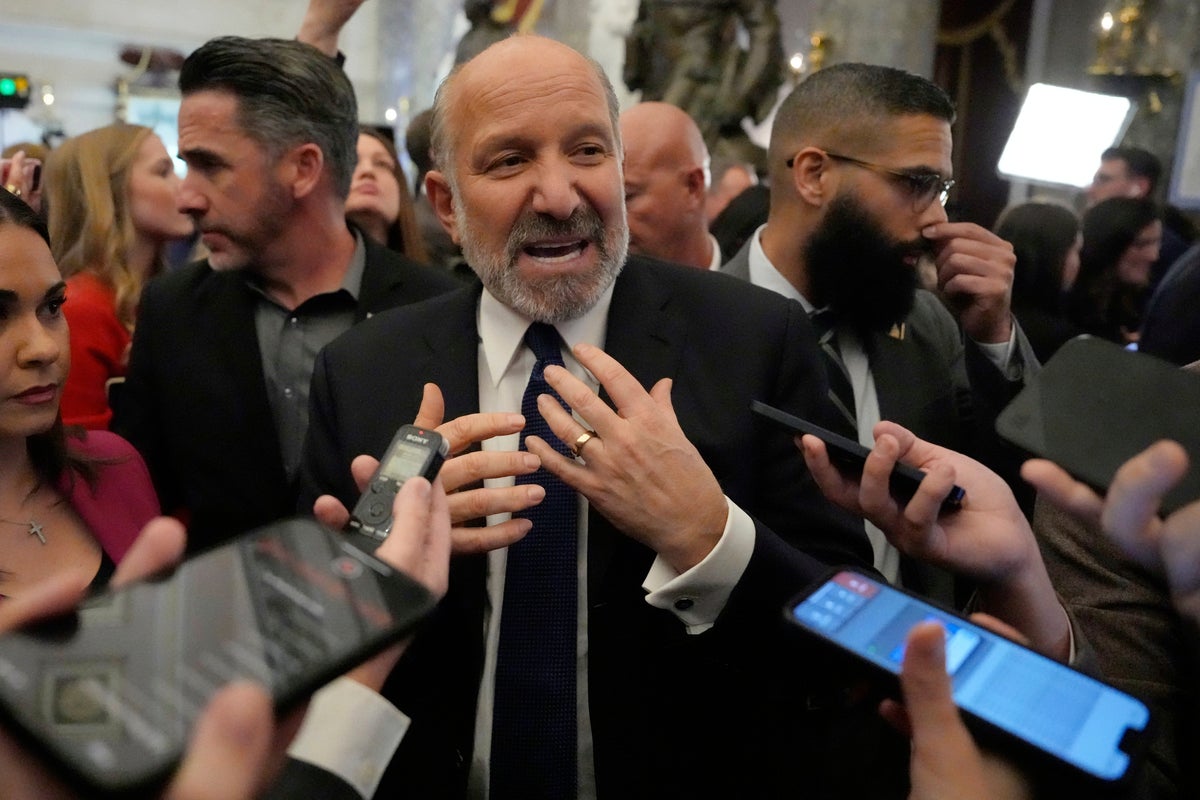A view of an ESPN cameraman during the game between the Jacksonville Jaguars and the Cincinnati Bengals on December 4, 2023 at EverBank Stadium in Jacksonville, Florida.
David Rosenblum | Icon Sportswire | Getty Images
In 2021, the National Football League signed an 11-year, $111 billion broadcast rights deal. In July, the National Basketball Association signed its own 11-year, $77 billion deal.
What's next? Well, not much in the near future.
While Ultimate Fighting Championship and Formula 1 have deals that expire in 2025, the vast majority of major college and professional sports have recently signed long-term media rights deals with American television networks and broadcasters.
Welcome to the sports media rights crisis. Or, the calm before the storm.
The NFL may choose to terminate its current agreement with all of its media partners, except Disneywhich has a slightly different deal structure, after the 2028-29 season. By then, driven by the pace of change among the largest media companies, the entire landscape could be significantly different than it is today, dramatically altering how much revenue the leagues generate and who pays.
“Anybody who tells you with any degree of certainty that the NFL is going to give up the franchise or not is crazy,” said Daniel Cohen, executive vice president of global media rights consulting at Octagon. “There's so much that can't be predicted even two years out, let alone six.”
The NFL's decision to opt out, though still years away, is the next potential tectonic shift that will influence the balance of power in the media. It's possible the NFL will choose to end deals with Sunday afternoon media providers, such as Fox and From Paramount Global CBS in favor of streamers, such as Apple, Amazon, from google YouTube or even Netflix.
It will also be a major factor in future NFL team valuations. On Thursday, CNBC will reveal its official 2024 NFL team valuation list, which ranks all 32 professional franchises.
The transformation of the media
Given the current state of the media, with Paramount Global agreeing to merge with Skydance Media in mid-2025, Warner Bros. Discovery actively seeking partners to build scale and share the cost of content, and Netflix After its jump into live sports with the acquisition of Christmas Day NFL games, the potential bidders for games in four or five years could be radically different than those today. That will determine how much of a raise the NFL can get in its next rights deal.
“There will probably be companies that don't exist today that will merge to create new competitive players,” said former CBS Sports president Neal Pilson, who founded sports media consulting firm Pilson Communications. “Other deals, like the NBA deal, are a benchmark, but the NFL is its own market. Programming is the best. It all depends on the popularity of the NFL.”
Another determining factor in how much sports rights contracts will rise in future will be the state of the dwindling pay-TV offering. Four million pay-TV customers have been lost so far this year, “a mind-boggling figure for just six months,” according to a recent report by MoffettNathanson.
Live sports have long been the glue that holds the whole thing together, with the majority of viewership still coming from traditional television rather than streaming.
The bundle economy, which remains a goldmine for content providers like Disney and from Comcast NBCUniversal has been pushing for rights increases for decades. Meanwhile, streaming has yet to turn a profit for most media companies.
Traditionally, the reach of television networks, particularly in rural areas that do not yet have consistent high-speed Internet service, has led the NFL to value Fox, Disney, NBCUniversal and CBS, all of which own television networks. Most NFL games are broadcast on national networks.
The NBA has also replaced its partnership with Warner Bros. Discoverywhich does not own a broadcast network, with NBCUniversal, which does.
But four years from now, it's possible that the ongoing shift to streaming, combined with Big Tech's deeper pockets, will convince the NFL to view streaming as anachronistic rather than essential.
On the other hand, if streamers become the sole distributors of sports, they will have all the power in the market, which could stifle valuations.
“If you put all your eggs in the streamers' baskets, and if traditional media is constrained to the point where they can no longer pay for media rights, then you're giving streamers a lot of market power,” said Shirin Malkani, co-president of the sports industry group at Perkins Coie.
Rights locked away
Bank of America recently put together a chart of recent media rights deals and their estimated values. Some of the figures are slightly different than those published.
The National Hockey League's agreement with its media partners will last through the 2027-28 season.
Major League Baseball’s contract expires in 2028 and will likely depend more on the expiration of the players’ collective bargaining agreement in 2026 than on the state of the media industry. Still, the changing business of regional sports, as well as the traditional television landscape, could make MLB a litmus test for upcoming rights deals.
The PGA Tour’s media deal runs through 2030. NBCUniversal owns the Winter Olympics through 2030 and the Summer Olympics through 2032. NASCAR signed a contract late last year with media operators through 2031. ESPN secured the College Football Playoffs through 2031. Apple signed a deal with Major League Soccer through 2032.
The long-term nature of these deals has provided some certainty to the current media ecosystem, benefiting leagues, media companies and pay-TV providers who all rely on consistent cash flow.
“My advice to clients is if you have a deal that seems fair to you right now, or that's analytically fair or good, don't go looking for something fantastic,” said Octagon's Cohen, who represents several professional sports leagues in their media deals. “Things will continue to evolve over the next six years, so it's better to stick with a good deal.”
Disclosure: Comcast's NBCUniversal is the parent company of CNBC.
Tune in: CNBC reveals official 2024 NFL team ratings on Thursday, Sept. 5, on-air and online.

